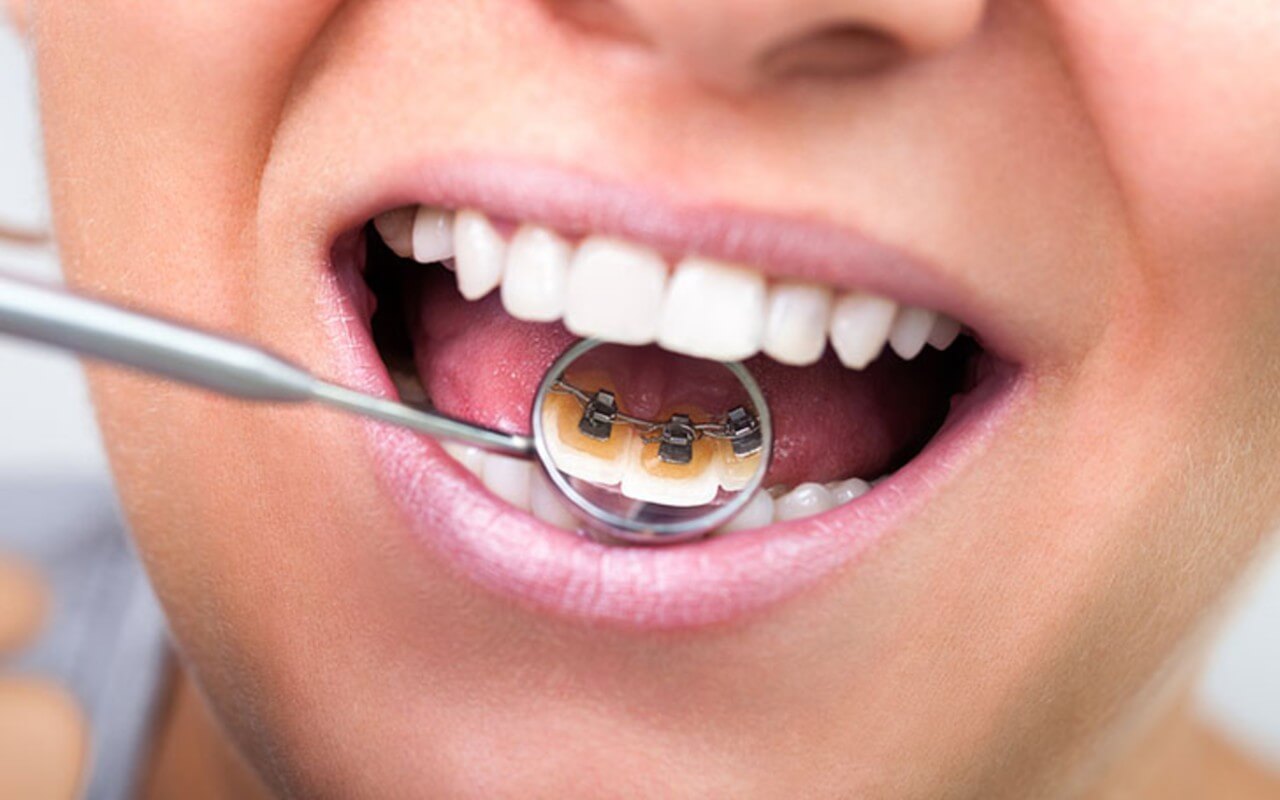The need for a healthy, attractive smile motivates a lot of individuals to consider teeth straightening. There is, however, a major barrier to pursuing treatment: they don’t like the appearance of traditional metal braces. Thankfully, there are teeth straightening solutions that don’t attract attention to your smile. Two common options are lingual braces and aligners. Since both are almost invisible compared to other teeth-straightening procedures, they provide a cosmetic way to straighten your smile. In this blog, let’s discuss one option: Lingual braces.
What are lingual braces?
Lingual braces are similar to conventional braces in that the teeth are fitted with brackets and wires. They are, however, mounted on the back of the teeth, facing the tongue and palate, rather than in front. Since they are completely hidden from view, they provide a great cosmetic option. You may also consider lingual braces if you’re a musician and play a wind instrument that would interfere with conventional braces or if you engage in contact sports.
How do lingual braces function?
The procedure is easy for lingual braces. An impression of the teeth is taken by a dental professional, which is then sent to a dental laboratory where personalised brackets are fabricated. When done, the braces specialist cements the braces to the back of your teeth. Lingual braces work the same way as traditional braces. They apply gentle and constant pressure to the teeth to make them move to the correct location.
Factors to consider:
Since the braces are on the back of your teeth, it can at first feel a little odd. You may have a lisp as your tongue makes contact with the brackets. Eventually, your tongue will become accustomed to braces, and your speech will return to normal.
Another factor to remember is that the investment in lingual braces will be more than standard braces. This is a reflection of the customization needed for lingual braces and the need to match each bracket precisely to each tooth.
Are lingual braces the right option for you?
Lingual braces are not an option for everyone. Individuals with very deep bites may not be suitable for lingual braces. Consultation with your orthodontist will help determine if you are suitable for the treatment.
To conclude, if keeping your braces invisible is of the utmost importance, then lingual braces are worth considering. Make sure you research all options thoroughly and understand the pros and cons of each before making any final decisions.



























